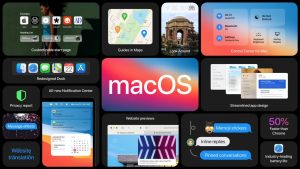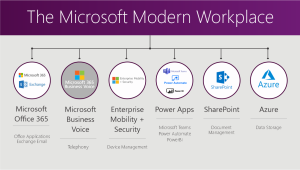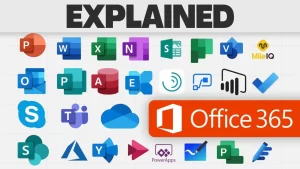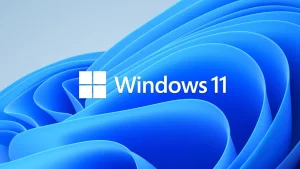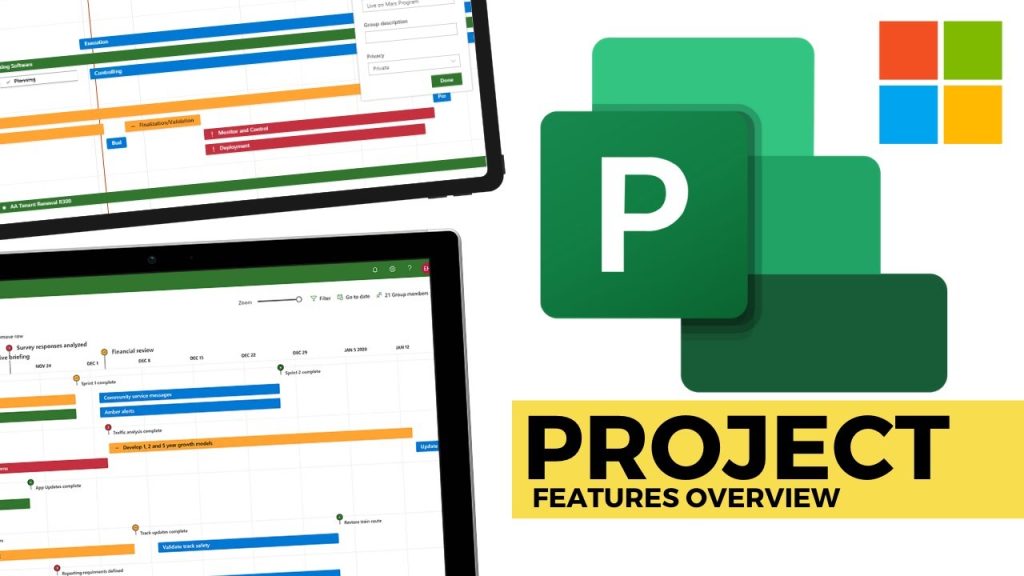
Microsoft Project A Comprehensive Guide to Project Management
Microsoft Project is a popular project management software developed by Microsoft. It’s designed to help individuals and teams plan, track, and manage projects of varying complexity. With its robust features and user-friendly interface, Microsoft Project has become a go-to tool for project managers and professionals across various industries.
Key Features of Microsoft Project
- Task Management: Create, assign, and track tasks within projects.
- Project Scheduling: Develop project schedules, including start and end dates, dependencies, and resource assignments.
- Resource Management: Allocate resources (people, equipment, materials) to tasks and track their availability.
- Cost Management: Estimate and track project costs, including labor, materials, and expenses.
- Timeline Creation: Visualize project timelines and progress using Gantt charts.
- Reporting: Generate various reports to monitor project performance, identify risks, and track progress.
- Integration: Integrate with other Microsoft products like Excel, Outlook, and SharePoint.
Benefits of Using Microsoft Project
- Improved Efficiency: Microsoft Project streamlines project management processes, saving time and effort.
- Enhanced Collaboration: It facilitates collaboration among team members by providing a centralized platform for communication and task assignment.
- Better Decision-Making: By providing real-time data and insights, Microsoft Project helps you make informed decisions.
- Risk Mitigation: Identify and mitigate potential risks to ensure project success.
- Increased Accountability: Assign tasks and track progress to ensure accountability and responsibility.
Use Cases for Microsoft Project
Microsoft Project is suitable for a wide range of projects and industries, including:
- Construction: Manage complex construction projects, track timelines, and allocate resources.
- IT Projects: Plan and execute software development projects, IT infrastructure upgrades, and system implementations.
- Marketing Campaigns: Organize and manage marketing campaigns, track budgets, and measure performance.
- Event Planning: Plan and coordinate events, manage budgets, and allocate resources.
- Product Development: Develop new products, track milestones, and manage resources.
In conclusion, Microsoft Project is a powerful and versatile project management tool that can help individuals and teams achieve their goals. Its robust features, user-friendly interface, and integration capabilities make it a popular choice for project managers and professionals across various industries.
Would you like to know more about specific features of Microsoft Project or how to get started with the software?
